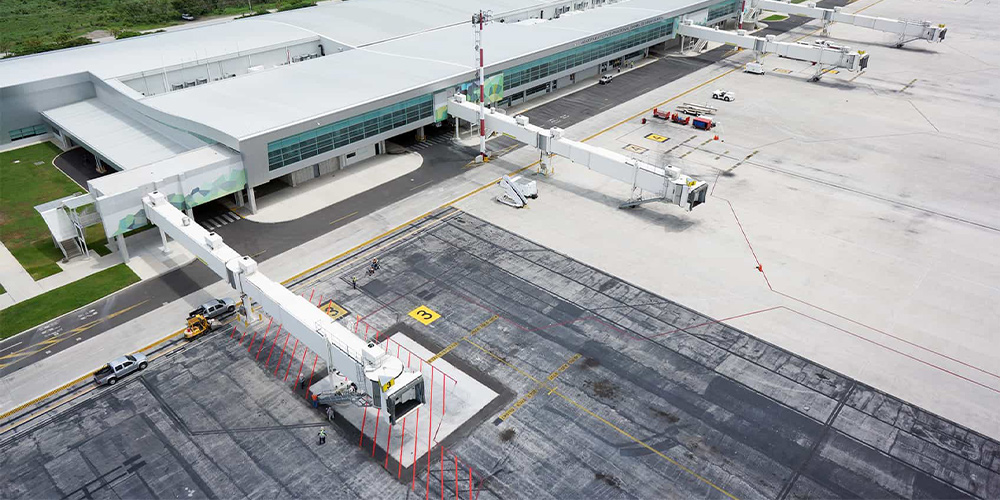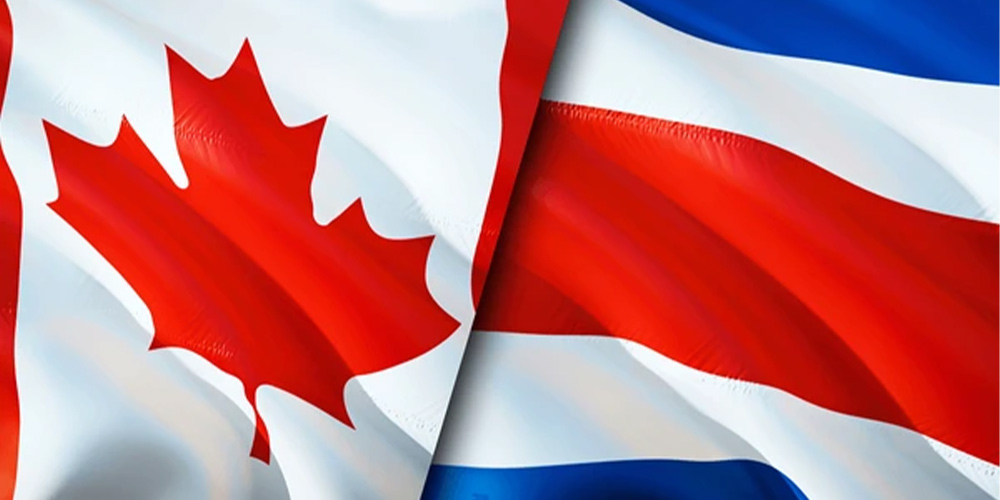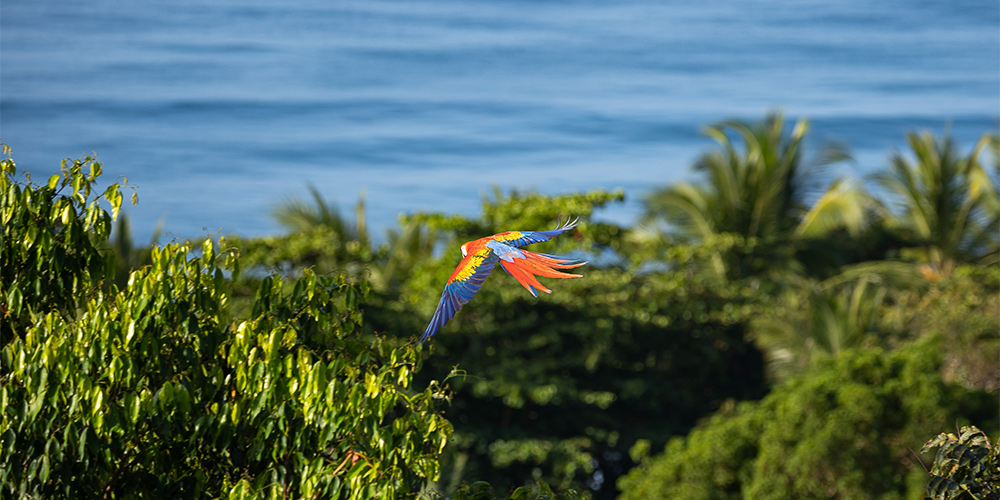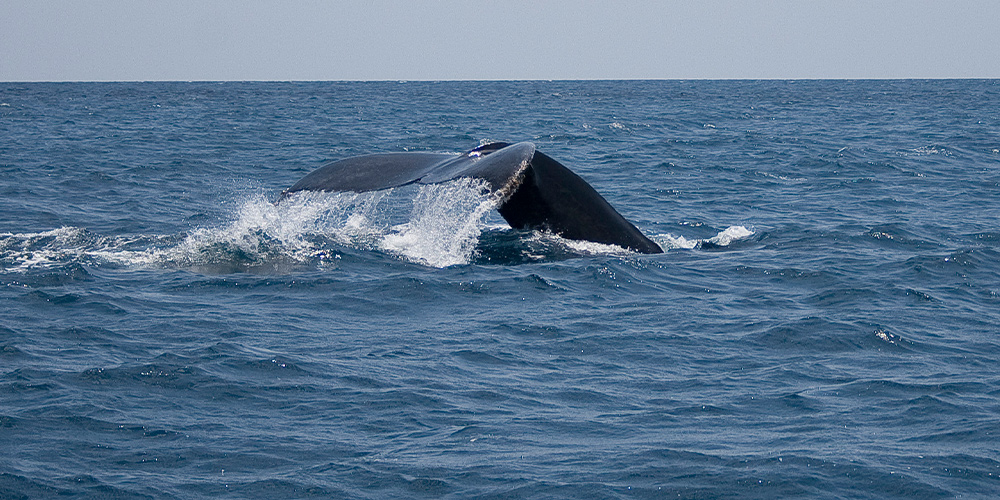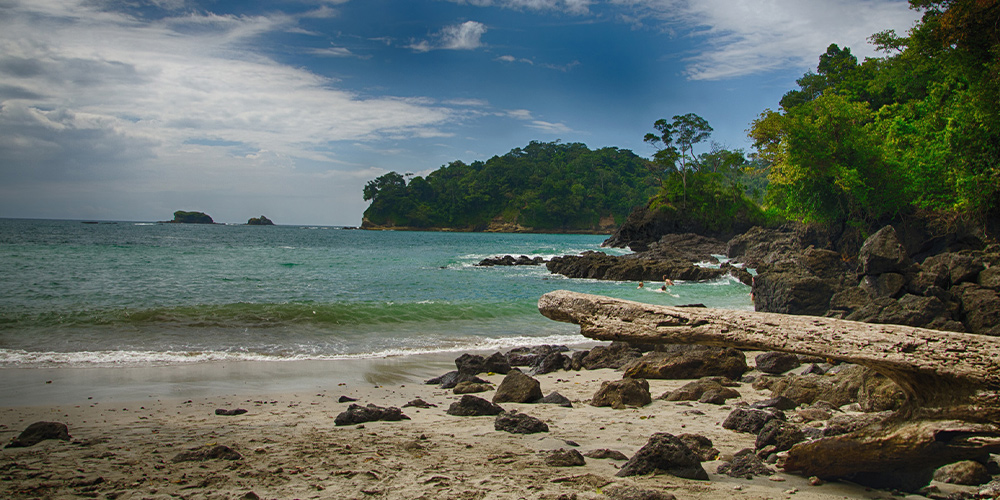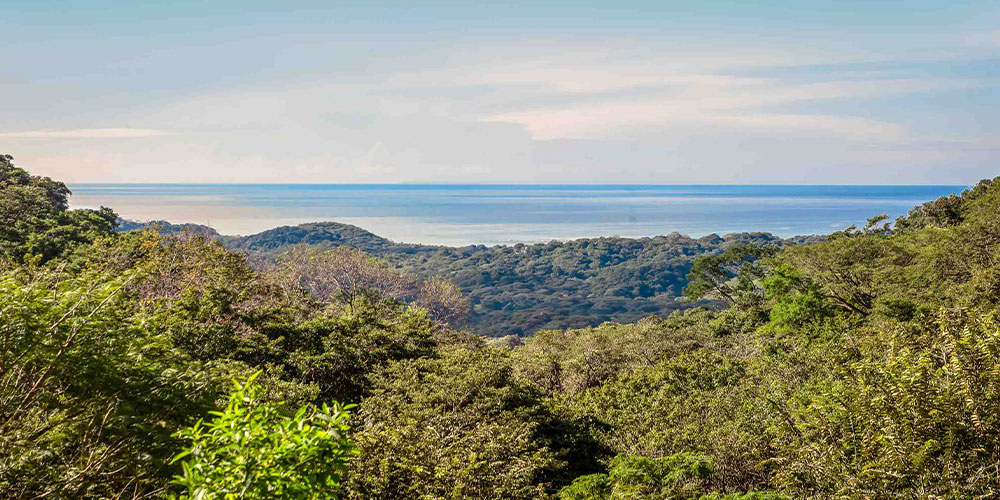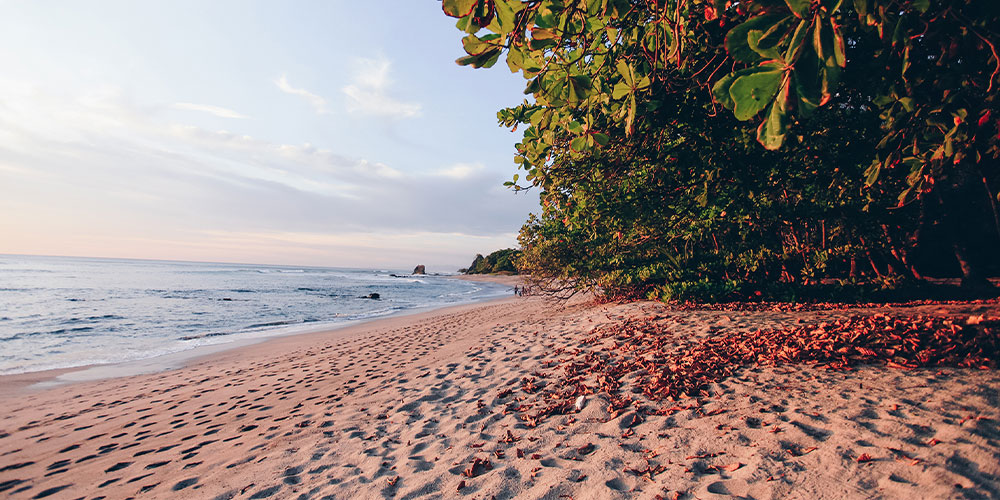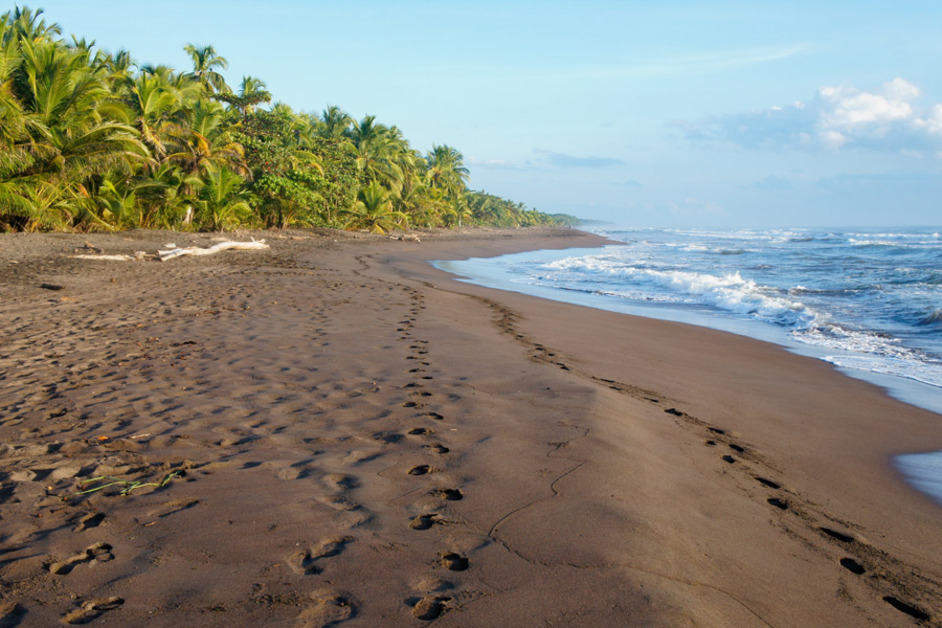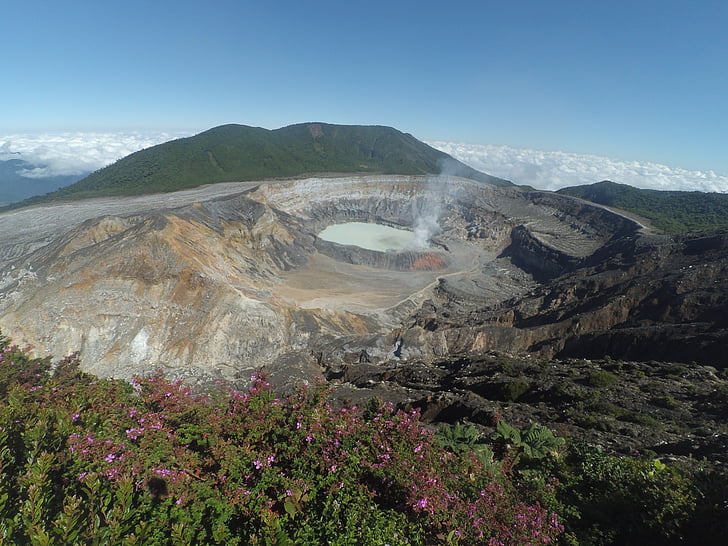A new initiative for accessible tourism was recently showcased as an extension of the Central American nation’s ongoing sustainability project
It seems Costa Rica doubles down on its world-renowned position as a trendsetter in sustainable development in every instance it gets to do it. The Costa Rican Network of Accessible Tourism recently showcased a remarkable initiative on a global platform at the Pacific Leaders Summit “Rapa Nui 2024” in Chile.
The DONATAPA project is the initiative in question, which was immediately met with acclaim and shown as a beacon of success, highlighting the intersection of plastic transformation and accessible tourism. DONATAPA’s achievements include over 185 tons of plastic collected, 477 meters of wooden plastic walkways constructed, 14 donated amphibious chairs, and the establishment of 13 accessible beaches. These palpable outcomes solidify the project’s mission statement on sustainability and inclusivity.
At the heart of the summit’s discussions was the urgent need to address the pervasive issue of plastic pollution in the planet’s oceans. According to the United Nations, millions of tons of plastic enter the globe’s waterways annually, posing grave threats to marine ecosystems and human well-being. Costa Rican initiatives like DONATAPA present themselves as models for effective plastic waste management and circular economy practices.
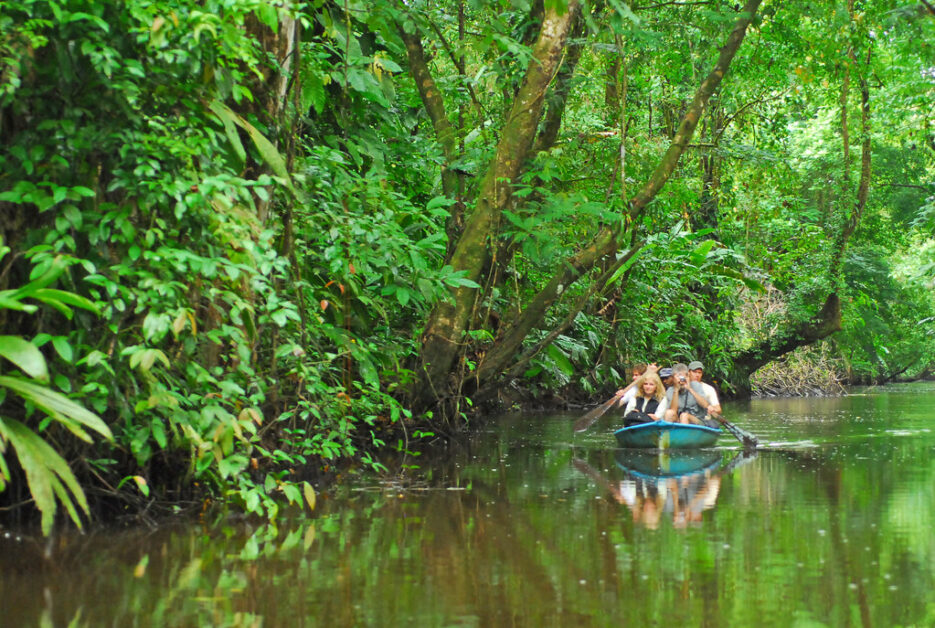
DONATAPA’s approach is more than what can be seen in Costa Rica’s coasts, as it’s, in essence, a holistic project that encompasses awareness campaigns, waste collection drives, and the development of innovative products crafted from recycled plastic. By promoting proper waste disposal and encouraging the transformation of plastic into valuable resources, the project demonstrates a multifaceted solution to the current plastic crisis.
Moreover, the Costa Rican Network of Accessible Tourism leveraged the summit as an opportunity to forge strategic partnerships with like-minded organizations region-wide. By collaborating with diverse sectors internationally, Costa Rica aims to bolster its efforts in sustainability and continue its standing as a leader in environmental stewardship.
The United Nations Environment Program warns of the dire consequences if current plastic consumption trends persist. However, Costa Rica remains steadfast in its commitment to environmental preservation through the aforementioned initiatives, and participating in strategies like the National Marine Debris Plan 2021-2030, where the country is actively working to mitigate plastic pollution and promote sustainable practices.
By harnessing innovation, collaboration, and advocacy, Costa Rica is paving the way for a cleaner, more inclusive future for generations to come, and to continue sharing its blissful coastal wonders with visitors worldwide.


